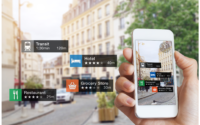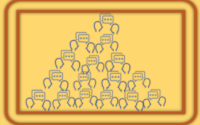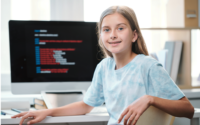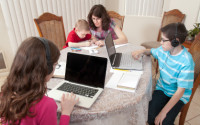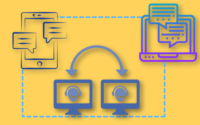
Co-creation of knowledge using mobile technologies and digital media as pedagogical devices in undergraduate STEM education
Digital media assignments are a widely used method of assessing student learning in higher education. Despite their common use, the literature on digital media assignments has many gaps regarding theoretical frameworks to guide their design, implementation and evaluation. This research paper focuses on student attitudes towards the use of mobile technology and digital media assignments […]

